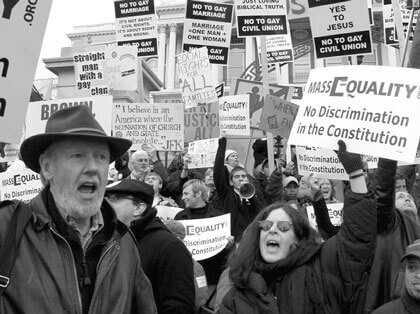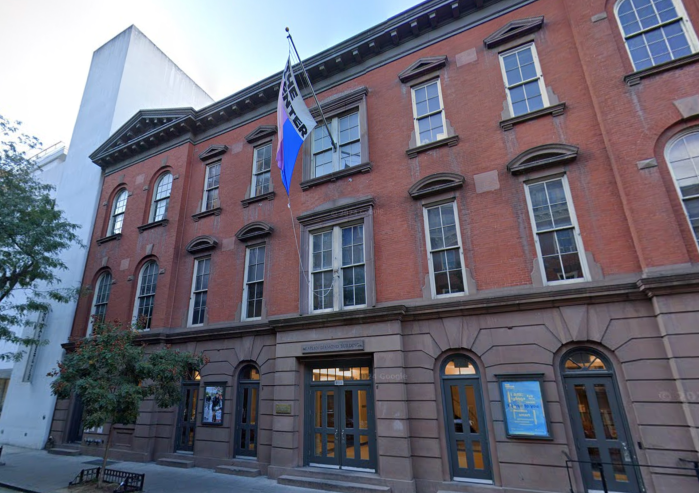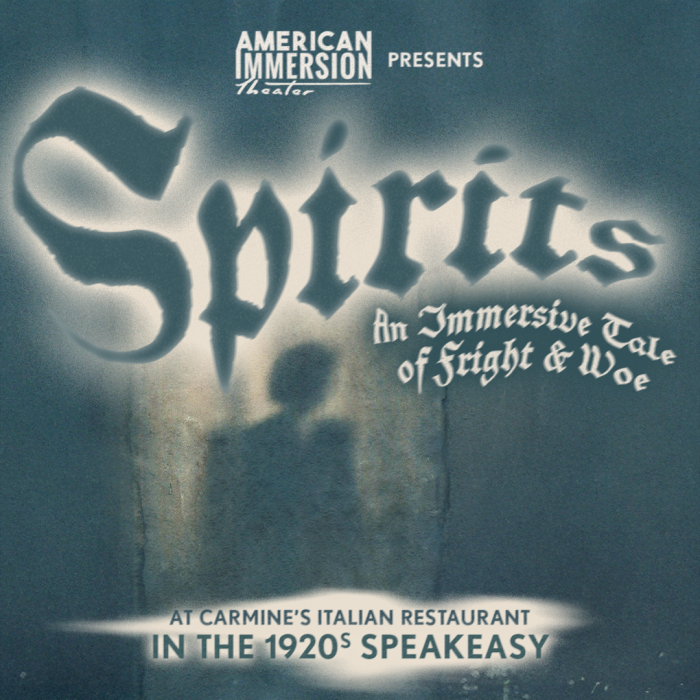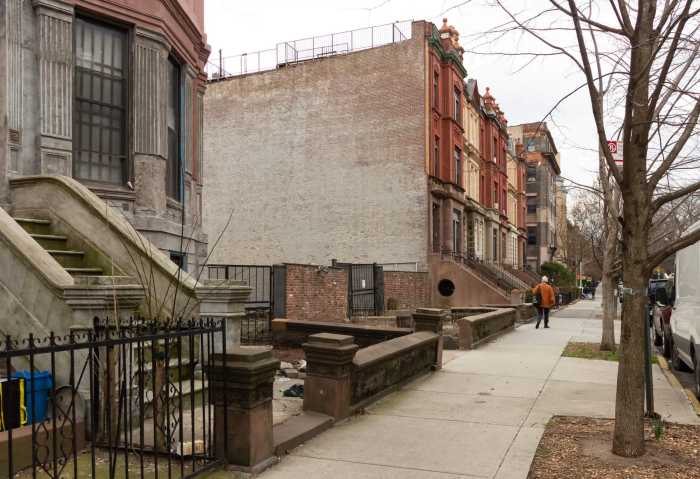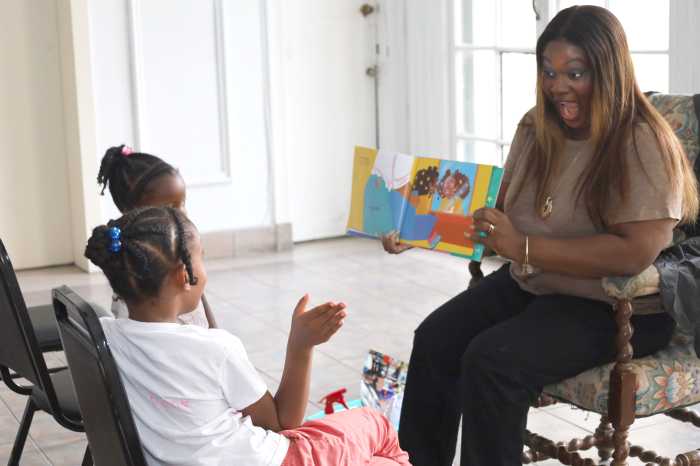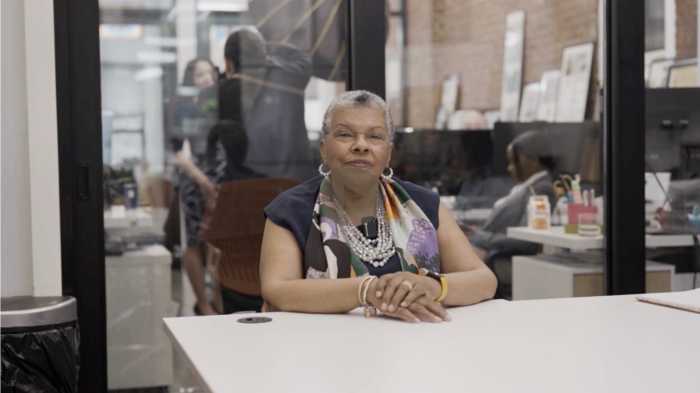Despite reversal, gay advocates remain upbeat; opponents still face divisions
The Massachusetts General Court, the formal name for that state’s legislature, sitting in a special, joint-session Constitutional Convention on March 29, approved placing a Constitutional amendment in front of Bay State voters in November 2006 that would overturn its high court ruling in favor of same-sex marriage last fall and instead enact civil unions for gay and lesbian couples.
The vote was 105 to 92, just four votes more than a bare majority in the combined 200-member House and Senate.
Despite the vote against same-sex marriage, some of the gay community’s most implacable foes in Massachusetts were clearly unhappy that the only amendment for which they could muster a majority is one that would simultaneously create civil unions offering the same rights and benefits as marriage under state law.
Meanwhile supporters of gay marriage profess satisfaction at how far their struggle has come in just a few months––and how narrowly the amendment was approved. In fact, even one of the measure’s primary supporters, Senate Minority Leader Brian Lees (R-Springfield), who has repeatedly told Gay City News that he would not have supported an amendment that did not grant civil union rights, is not yet predicting final success at the ballot box in 2006.
To be sure, gay rights advocates can take solace in several things, despite the vote Monday.
First, same-sex marriages will almost certainly begin in Massachusetts on May 17, the date set by the state’s Supreme Judicial Court (SJC) in its ruling last November.
Republican Gov. Mitt Romney, who opposes both gay marriage and civil unions, seized on the legislature’s vote to call on the high court to put off implementation of its ruling pending completion of the amendment process 30 months from now.
“The Supreme Judicial Court should delay the imposition of its decision until the people have a chance to be heard,” the governor said Monday evening.
However, Thomas F. Reilly, the Democratic attorney general and the only official empowered to file briefs on the state’s behalf, almost immediately announced that he would not act on Romney’s wishes, nor would he appoint a special assistant to do so. Although Reilly too has been a critic of the court ruling, he noted that the SJC, both in its original decision and in its February response to a state Senate query as to whether civil unions were an adequate substitute for marriage rights, has made clear its view that same-sex marriage is the only constitutional recourse and that they must begin in May.
Gay men and lesbians in Massachusetts can also take heart in the fact that the action Monday was but the first of three steps that must be taken before the SJC ruling can be overturned. The legislature must approve the same amendment language again in its 2005-2006 session, and then voters must give their assent in November 2006.
Gay rights advocates, however, made clear that they are buoyed by more than the fact that they simply haven’t lost yet.
“There’s been a transformation in the Commonwealth of Massachusetts over the past twelve weeks,” according to Marty Rouse, the leader of MassEquality, an ad hoc group of two dozen organizations working to defend the November court decision. “We are building a movement and we are winning. The Catholic Church has been here for hundreds of years with their institutions. They have not grown their base. We have grown ours.”
Rouse argued that in the initial weeks after the court ruling, gay rights advocates, who had previously been unsuccessful even at winning domestic partner benefits for state employees, could count on only 30 or 40 votes in the legislature. By the time of the first of four meetings of the Constitutional Convention, on February 11, gay marriage supporters still stood at only 55.
In contrast, in Monday’s vote, Rouse said, 84 of the 92 votes against the amendment were solidly in support of same-sex marriage, even though the Catholic Church sent anti-marriage literature into one million Massachusetts households in recent weeks.
“Legislators knew they had gay constituents,” Rouse said. “But, we helped those gay constituents find their voice, and their friends, families, clergy, and neighbors.”
Colin Durrant, a spokesperson for state Sen. Jarrett Barrios, an out gay Democrat from Cambridge, who is one of the leaders on Beacon Hill in defending the court ruling, echoed Rouse’s assessment.
“It’s sweet and sour,” Durrant said of the March 29 vote. “It’s disappointing that the legislature took the first step of writing discrimination into the Constitution. But that being said, it’s only the first step. The sweet part, particularly from the gay and lesbian community’s point of view, is that it was an unprecedented step forward in terms of an advocacy group working together… Our numbers grew. You could see that.”
Rep. Michael Festa, a Democrat from suburban Melrose who is a strong supporter of gay marriage, told Gay City News that the biggest silver lining in the Monday vote was what far right conservatives had to accept in order to get a pro-amendment vote. Festa pointed to his fellow Democratic House member, Philip Travis, a Bristol County legislator, who fought hard for an amendment that would simply bar same-sex marriage, without offering gay and lesbian couples civil unions in its place.
“Phil Travis stood on the floor saying, “This is totally unacceptable. You have perverted everything I stood for. The only ballot question [we can vote on] is a total abomination,” Festa recalled.
In the end, Travis, along with other conservatives, including a group of House Republicans urged on by Romney, bit their tongues and voted for the amendment. The Boston Globe quoted Travis, however, saying he would vote against the amendment when it is on the November 2006 ballot.
That kind of antipathy is something Festa predicts will hobble the campaign to get the amendment approved, even if it clears another legislative hurdle in the next session.
“What we got is the worst possible amendment because there is no money there,” he said. “Why is the Catholic Church going to spend hundreds of thousands to pass this? If you were in this chamber , it was palpable. There was no sense of victory among those who got their vote. I got a surge of energy from that.”
Durrant noted a similar deflation among anti-gay activists. Referring to the spokesperson for the Coalition for Marriage, a group allied with Focus on the Family, he said, “You could see the frustration in the face of Ron Crews.”
Rouse is less willing than Festa or Durrant to predict that the incorporation of civil union language will sideline the most stridently anti-gay forces in the battles to come.
“I would not agree with those that say that Catholic Church will not be enthusiastic,” he said. “It has a vested interest in what they say is protecting marriage. If this gets on ballot, it will be very difficult vote.”
Travis and Crews did not return phone calls seeking comment. An assistant to Rev. Christopher Coyne, spokesperson for the Roman Catholic Archdiocese of Boston, said he was out of town, and that nobody else could respond to media questions.
None of the pro-gay advocates interviewed would hazard a specific estimate of whether and, if so, how the amendment vote might play out in the September legislative primary or in the November general election. Festa noted, however, that the position of Romney, who has pledged to recruit Republicans to oppose Democrats who supported gay marriage, has been undercut by his flip flop in opposing civil unions but then demanding that his supporters in the House vote for an amendment that would enshrine them in the state Constitution.
The most curious reaction to the amendment vote may well have been that of Sen. Lees, who was among the leaders in steering the measure to victory this week. Lees has repeatedly argued that he would not have supported any amendment which did not grant gay couples civil union rights equal to those available from marriage and that he worked as hard as he did out of fear that absent his approach legislators would have felt compelled to support a straightforward ban on same-sex marriage. Indeed, Lees was among those who shut down consideration of an anti-marriage amendment when it surfaced prior to the high court ruling.
Asked to handicap the process going forward, Lees told Gay City News, “I can’t say what’s going to happen next year. After marriage is in place for a year, everyone will have to look at their position again. I will.”
Pressed to spell out his prediction in greater detail, he said, “The right wing might leave, saying, ‘I don’t want to give these rights.’ And others who may say, ‘I’ll take a second look. We’ve had marriage for a year, and it’s not so bad. I don’t want to make any change to the constitution.’ My guess, in fact, is that the conclusion may well be, ‘There was some overreaction, we got pushed by the courts, but we’re just fine.’”

